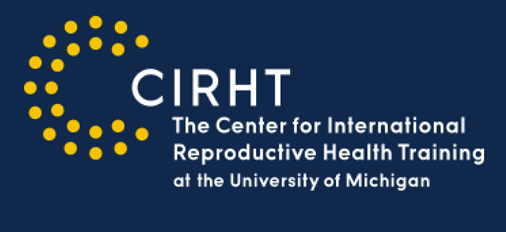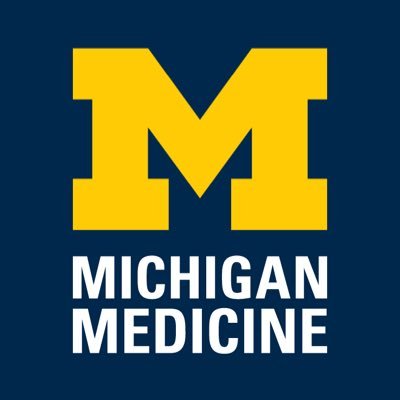Speaker
Description
Background:
Sexual education is a critical component of adolescent development and public health. In Cameroon, despite the growing awareness of its importance, sexual education remains poorly institutionalized, inconsistently delivered, and often marginalized in formal curricula. This study aimed to assess both the implementation and the perception of sexual education in secondary schools in Yaoundé through a mixed-methods approach, combining quantitative and qualitative data to offer a comprehensive understanding.
Methods:
A convergent mixed-methods design was adopted. Quantitative data were collected from 2,019 students in secondary schools using structured questionnaires focusing on sociodemographic characteristics, exposure to sexual education, course frequency, and perceived quality. Statistical analyses included descriptive statistics, cross-tabulations with Chi-square tests, Mann-Whitney U tests for non-parametric comparisons, and both logistic and linear regressions to identify significant predictors of exposure to sexual education. In parallel, qualitative data were obtained through focus group discussions with 15 participants. Transcriptions were analyzed thematically to explore experiences, perceived barriers, and improvement suggestions.
Results:
Quantitative findings revealed that over 90% of respondents reported having participated in some form of sexual education, most frequently through biology (SVT) or integrated into other non-dedicated subjects. Gender differences were statistically significant regarding the frequency of participation (p = 0.001) and the perception of the learning environment (p = 0.0005). Logistic regression indicated that age and school level were significant predictors of course attendance (p < 0.05), while gender was not. However, the logistic model's goodness-of-fit remained weak (McFadden R² = 0.0028), suggesting limited explanatory capacity.
The qualitative analysis uncovered deep-seated barriers: societal stigma (mentioned by all 15 participants), family resistance (10/15), and a lack of trained teachers (11/15). Many educators reportedly improvised without proper guidance or resources. Participants emphasized the absence of clear national policies, insufficient support from institutions, and a lack of coherence in curriculum integration. Suggestions for improvement included state-supported teacher training programs, incorporation of sexual education into official curricula, development of age-appropriate and culturally sensitive content, and broader family engagement in the educational process.
Conclusion:
Sexual education in Cameroonian secondary schools, while present, suffers from structural weaknesses and societal resistance. The mixed-methods findings underline the discrepancy between policy intent and field-level implementation. A multidimensional strategy is needed to improve its impact, including clear governmental policies, institutional support, comprehensive teacher training, and community sensitization. Addressing these gaps would foster a more inclusive, consistent, and effective approach to sexual education, ultimately enhancing adolescent well-being and reducing risky behaviors.
Keywords: Sexual education, adolescents, Cameroon, mixed methods, logistic regression, thematic analysis, policy implementation, school health


